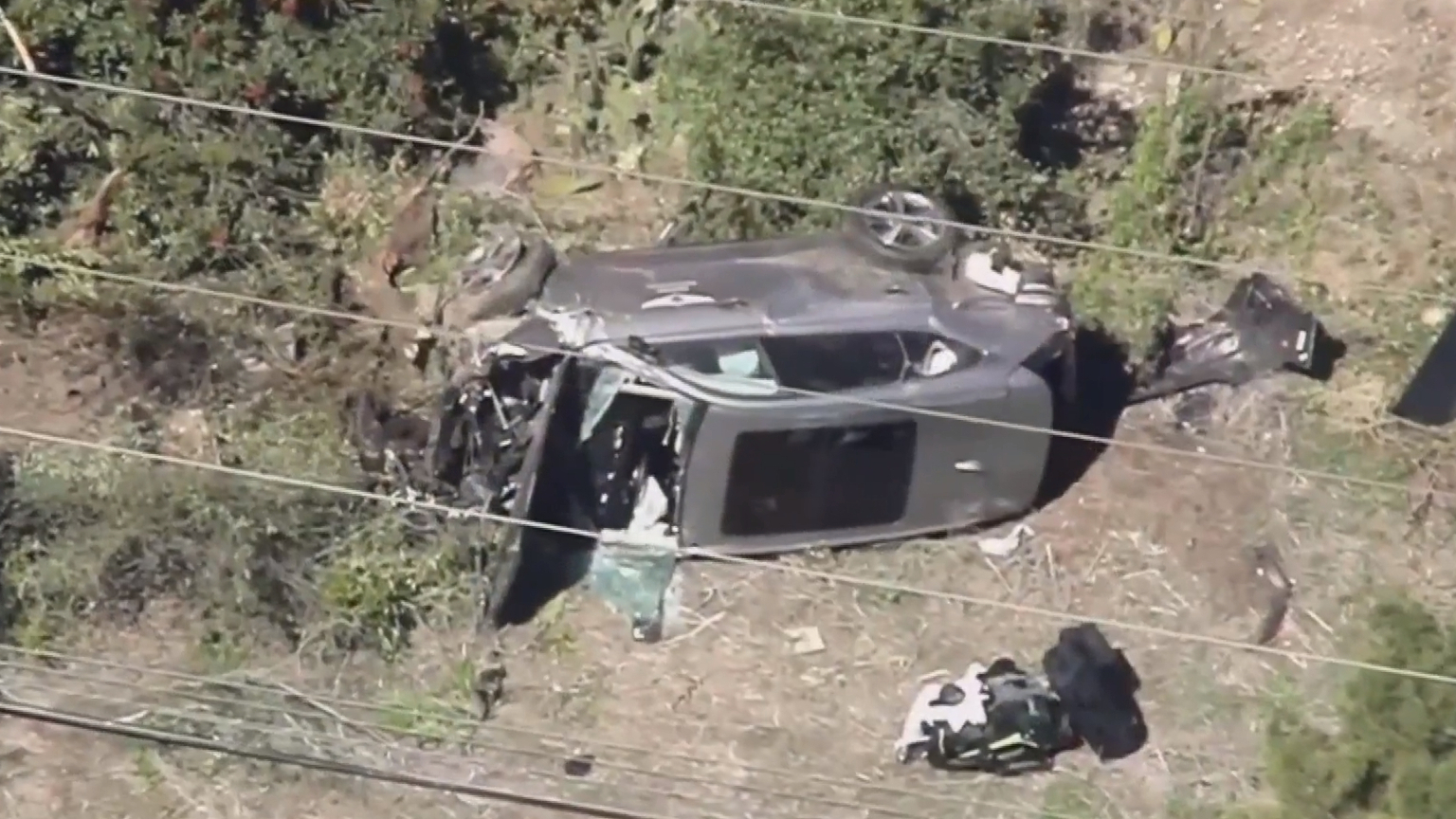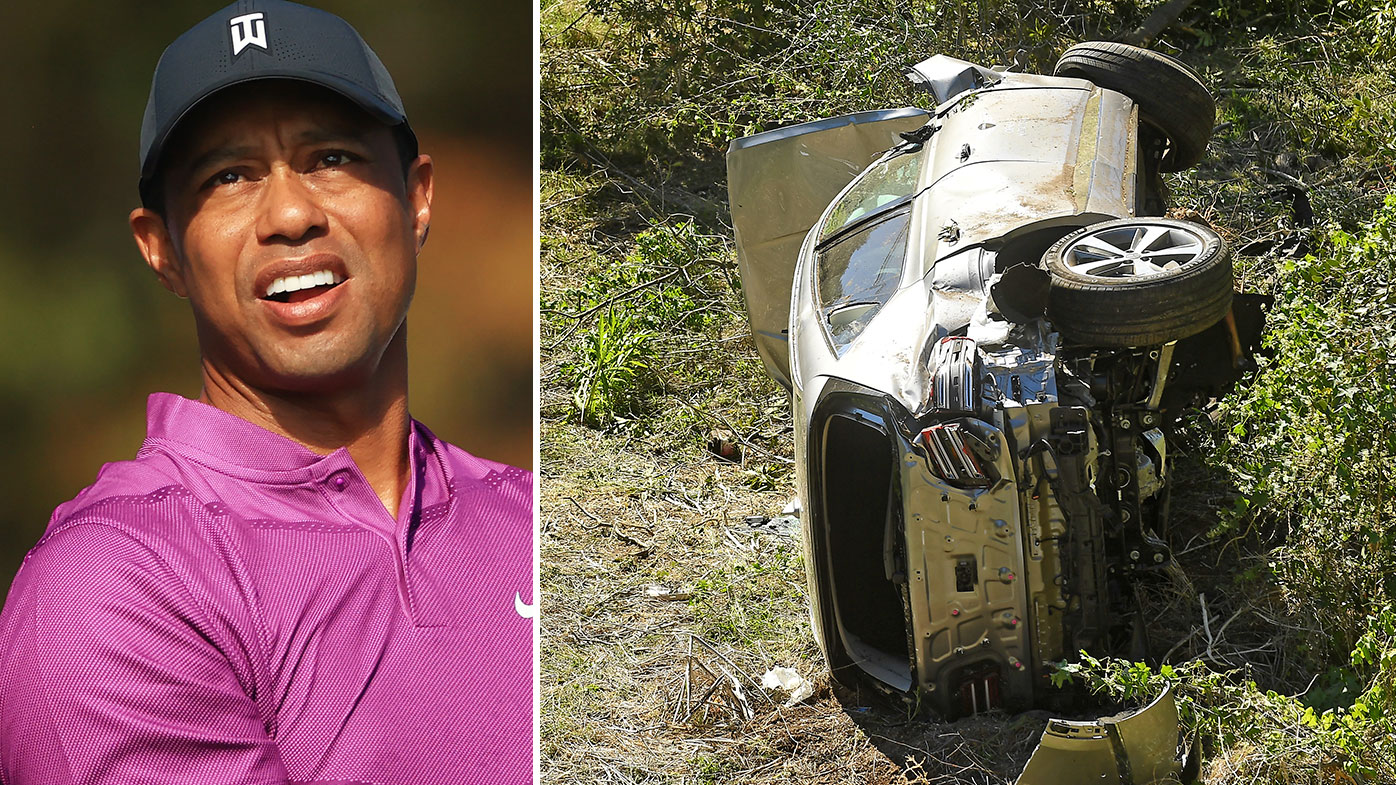A new report claims police made several key decisions in favour of Tiger Woods during their investigation into his car accident despite indications he was inattentive or had dozed off.
A USA Today report claims, the LA County Sheriff's Department gave the golf legend the benefit of the doubt when it announced that the crash was "purely an accident", ruling out a drug recognition expert to evaluate the 45-year-old Woods for impairment.
Several forensic experts told USA Today Sports that the available evidence in the case indicates Woods was inattentive or asleep at the time of the crash. Experts questioned decision to quickly label the crash an "accident" and to not bring in an expert to have Woods' blood examined.

"LASD is not releasing any further information at this time," the sheriff's department told USA Today Sports in a statement. "The traffic collision investigation is ongoing and traffic investigators continue to work to determine the cause of the collision."
Accident reconstruction experts said the fact Woods can't remember a thing about the crash was reason enough to bring in a drug recognition expert.
"I would have thought that you would have him evaluated by a DRE to see whether or not there are some physical clues beyond the operation that would point to impairment," said Charles Schack, said president of Crash Experts, which looks at crashes in detail.
"To an untrained person, sometimes the effects are a bit more subtle, and require a bit more in-depth examination to bring out the evidence of impairment," he told USA Today Sports.
Drug recognition experts believe Woods should have been assessed for vital signs at the hospital, however since police declared it an accident a day after the crash, a blood test wasn't required.

Sheriff Alex Villanueva said the deputy at the scene confirmed that "there was no evidence of any impairment whatsoever."
"He was lucid, no odour of alcohol, no evidence of any medication, narcotics or anything like that would bring that into question. So that was not a concern at the time. So therefore, obviously no field sobriety test," the sheriff added.
However, a former detective, Jonathan Cherney, questioned how Woods would have fallen asleep behind the wheel. Cherney, who walked the crash scene, said the fact that Woods twice told deputies he couldn't remember driving at all "absolutely" is a clue suggesting impairment.
"I do know significant head injuries can cause people to not know what happened or forget what happened," Cherney said. "The fact that he doesn't remember driving at all is also indicative and consistent with the objective symptom of impaired driving."
However, it is now too late to get access to Woods' blood and medical reports at the hospital without his co-operation or a search warrant, according to the report.







No comments:
Post a Comment